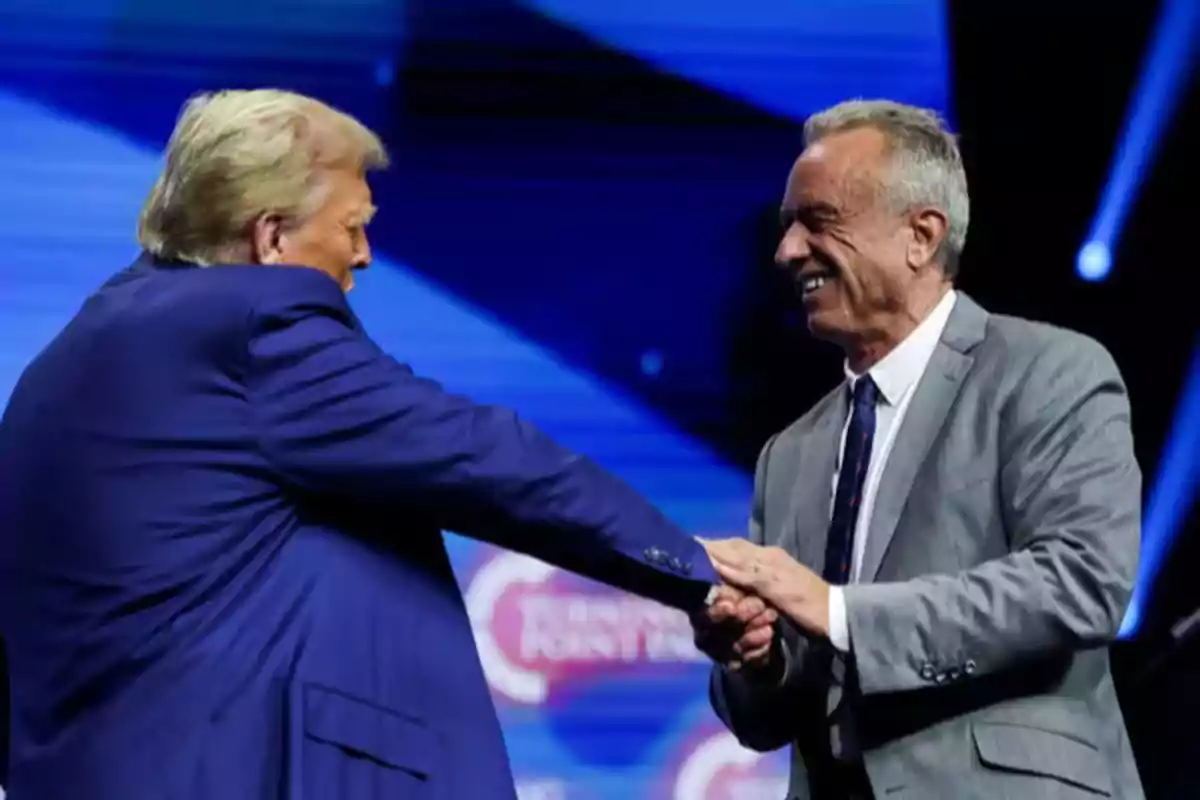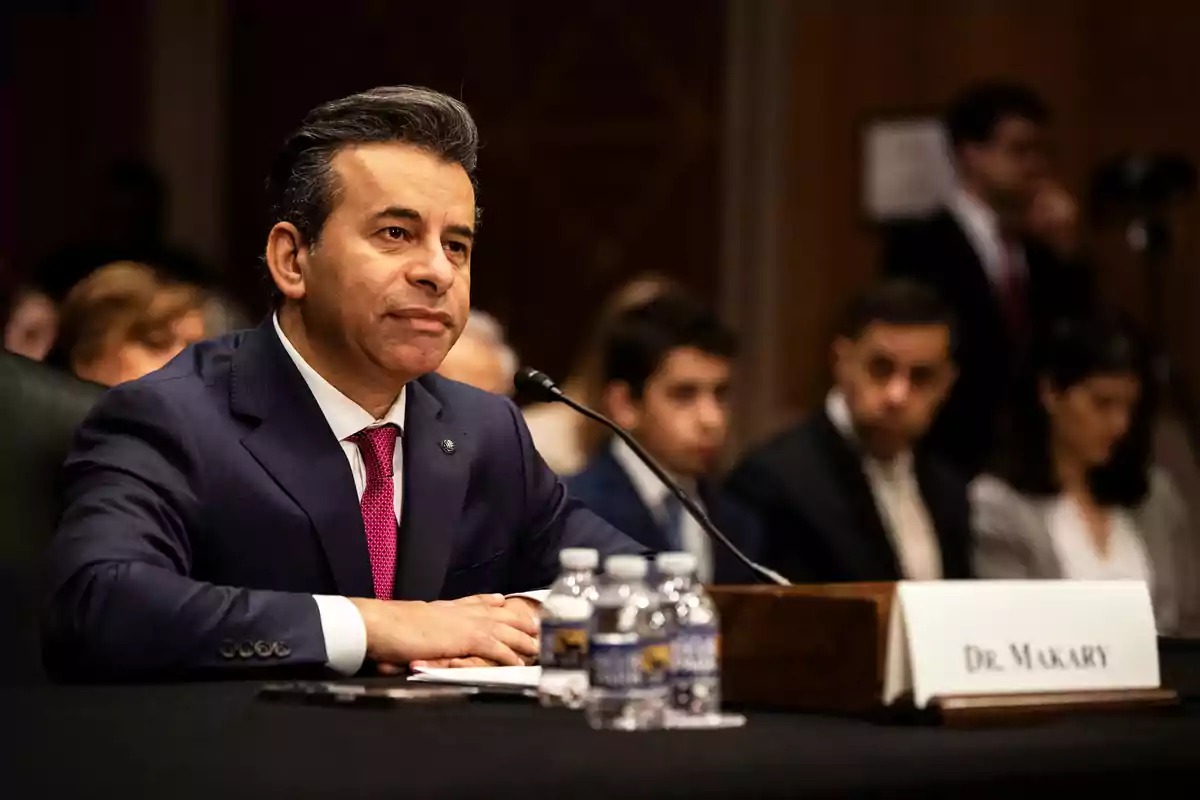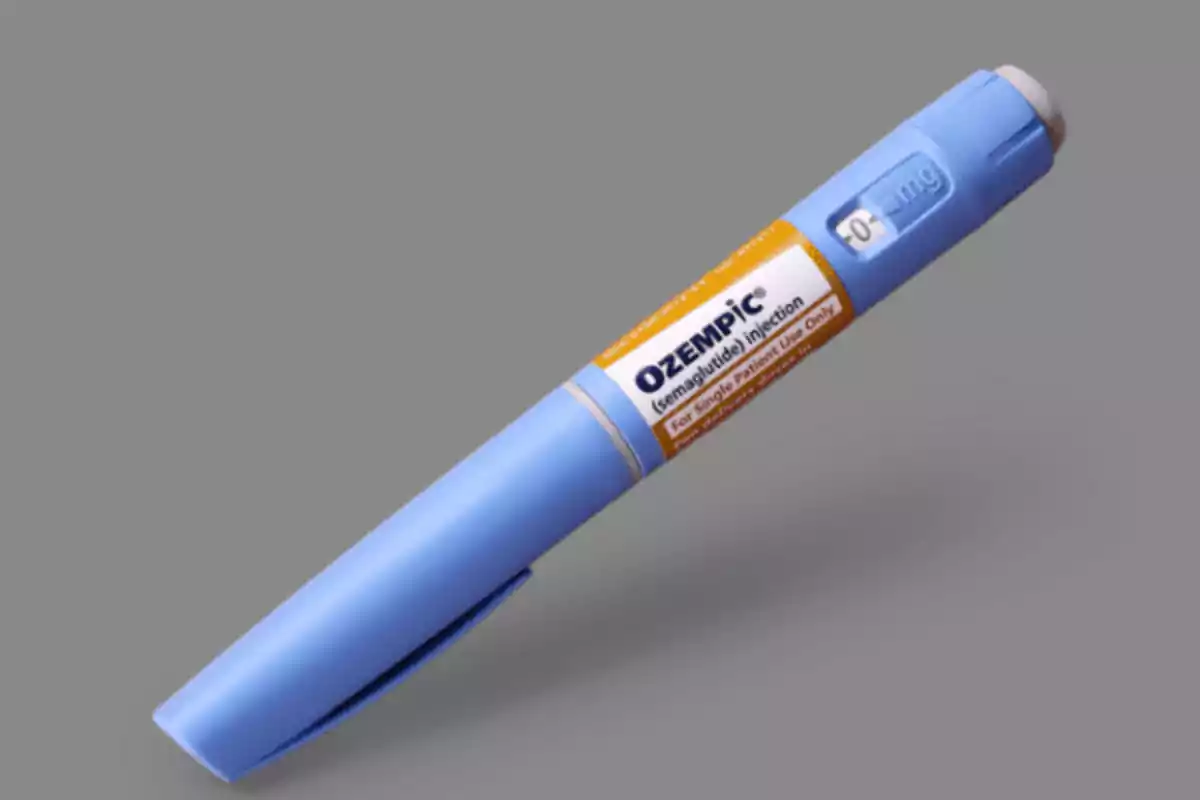
Trump and Kennedy denounced a massive multimillion-dollar scam by pharmaceutical companies
The President of the United States and his Secretary of Health denounced a fraudulent scheme in which Americans were paying immense overcharges
In May, in a joint announcement about the cost of medications in the United States, President Donald Trump and Health Secretary Robert F. Kennedy Jr. revealed a historic scam that has led Americans for decades to pay up to ten times more than other countries for the same medications.
Accompanied by the commissioner of the Food and Drug Administration (FDA), Marty Makary, both leaders explained that American citizens, who represent only 4% of the world's population, generate two-thirds of the global profits of the pharmaceutical industry.
The president illustrated the problem with striking examples: a breast cancer medication that costs USD 16,000 per vial in the United States is priced at just USD 1,600 in Sweden, while a common asthma inhaler that in the United States is around USD 500 can be found for less than USD 40 in the United Kingdom.
Trump y Kennedy denunciaron una masiva estafa millonaria de las farmacéuticas
The powerful pharmaceutical lobby
The explanation, according to Trump, lies in the way foreign governments negotiate with pharmaceutical companies.
"The European Union and other nations tell them: 'This is the price we're going to pay. If you don't like it, you don't sell here.' Meanwhile, no American government defended its people", he denounced.
Without that counterbalance, pharmaceutical companies offset the low international prices by passing the cost on to American consumers.
The health minister joined the denunciation, pointing to the influence of the pharmaceutical lobby in Washington: "There is at least one pharmaceutical lobbyist for every congressman, senator, and Supreme Court justice," he stated.

Trump announced measures
In response to this problem, Trump announced the implementation of an executive order that establishes a new standard: medication prices in the United States can't exceed the lowest prices paid for those same medications in other developed countries.
The logic, Trump said, is simple: if a medication costs USD 100 in Australia and USD 1,000 in the United States, it will be adjusted to the Australian price. For those who claim that those high prices fund research and development (R&D), Trump proposes a solution: other countries should start paying more. "We're no longer going to subsidize global healthcare," he emphasized.
The administration has given pharmaceutical companies 30 days to begin implementing the new pricing system. If they don't comply voluntarily, the White House will use its trade power, such as sanctions and tariffs on countries that maintain artificially low prices, to ensure compliance.
Trump concluded by assuring that this measure doesn't seek to harm pharmaceutical companies, but rather to equitably redistribute the global financial burden: "It's not about them earning less, but about everyone paying their fair share."

More posts: